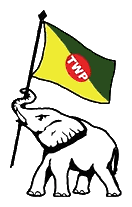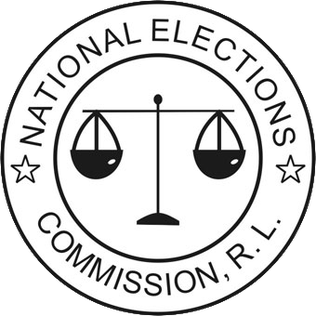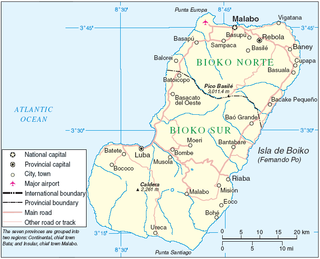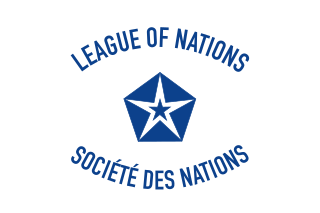
Liberia is a country in West Africa which was founded, established, colonized, and controlled by citizens of the United States and ex-Caribbean slaves as a colony for former African American slaves and their free black descendants. It is one of only two sovereign countries in the world that were started by citizens and ex-Caribbean slaves of a political power as a colony for former slaves of the same political power, the other being Sierra Leone, established by Great Britain. Settlement of former slaves was organised by the American Colonization Society (ACS). The mortality rate of these settlers was the highest in accurately recorded human history. Of the 4,571 emigrants who arrived in Liberia from 1820 to 1843, only 1,819 survived until 1843.

Politics of Liberia takes place in a framework of a presidential representative democratic republic modeled on the government of the United States, whereby the President is the head of state and head of government; unlike the United States, however, Liberia is a unitary state as opposed to a federation and has a pluriform multi-party system rather than the two-party system that characterizes US politics. Executive power is exercised by the government. Legislative power is vested in both the government and the two chambers of the legislature.
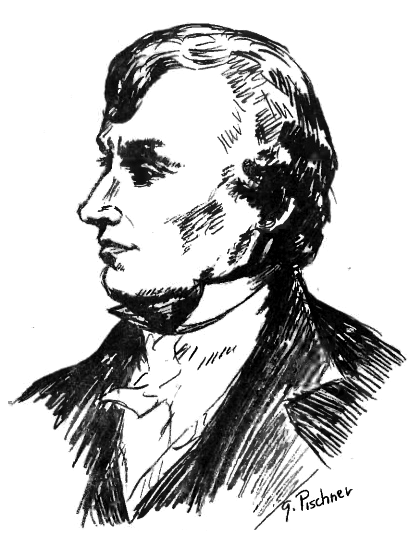
The Society for the Colonization of Free People of Color of America, commonly known as the American Colonization Society (ACS), was a group established in 1816 by Robert Finley of New Jersey which supported the migration of free African Americans to the continent of Africa. The society in 1821–1822 helped to found a colony on the Pepper Coast of West Africa, as a place for free-born or manumitted American blacks. The ACS met with immediate and continuing objections from such African-Americans as James Forten and David Walker, who wished to remain in the land of their birth, saw colonization as a racist strategy for protecting slavery and purging the U.S. of its black citizens, and preferred to fight for equal rights at home. Colonizers were also met with resistance and attacks from those already living in and around the areas being colonized. There was some religious support and missionary efforts were part of the colonization. Disease was a major problem, with Liberian immigrants suffering the highest mortality rates in accurately recorded human history. Of the 4,571 emigrants who arrived in Liberia from 1820 to 1843, only 1,819 survived until 1843.

Edwin James Barclay was a Liberian politician. A member of the True Whig political party, which dominated the political governance of the country for decades, Barclay served as the 18th President of the country from 1930 until 1944. Under his leadership, Liberia was an ally of the United States during World War II.

Slavery has been called "deeply rooted" in the structure of the northwestern African country of Mauritania, and "closely tied" to the ethnic composition of the country.

The continent of Africa is one of the regions most rife with contemporary slavery. Slavery in Africa has a long history, within Africa since before historical records, but intensifying with the Arab slave trade and again with the trans-Atlantic slave trade; the demand for slaves created an entire series of kingdoms which existed in a state of perpetual warfare in order to generate the prisoners of war necessary for the lucrative export of slaves. These patterns have persisted into the colonial period during the late 19th and early 20th century. Although the colonial authorities attempted to suppress slavery from about 1900, this had very limited success, and after decolonization, slavery continues in many parts of Africa even though being technically illegal.

Contemporary slavery, also known as modern slavery or neo-slavery, refers to institutional slavery that continues to exist in present day society. Estimates of the number of slaves today range from around 21 million to 70 million, depending on method used to estimate and the definition of slavery being used.

Slavery in Korea existed since antiquity. The practice of slavery in South Korea is illegal, though forms of modern slavery such as human trafficking still exist. In North Korea, slavery in the form of forced labor is still practiced by the country's regime.

The 1842 Slave Revolt in the Cherokee Nation, then located in Indian Territory (Oklahoma) west of the Mississippi River, was the largest escape of a group of slaves to occur among the Cherokee. The slave revolt started on November 15, 1842, when a group of 20 African-American slaves owned by the Cherokee escaped and tried to reach Mexico, where slavery had been abolished in 1836. Along their way south, they were joined by 15 slaves escaping from the Creek in Indian Territory.

Presidential elections were held in Liberia in May 1869. The result was a victory for Edward James Roye of the True Whig Party, defeating incumbent President James Spriggs Payne. The election was very close, with the House of Representatives required to decide the final outcome.

General elections were held in Liberia in 1919. In the presidential election, the result was a victory for Charles D. B. King of the True Whig Party. King took office on 5 January 1920.

General elections were held in Liberia in 1923. In the presidential election, the result was a victory for Charles D. B. King of the True Whig Party, who was re-elected for a second term.

General elections were held in Liberia in 1931. In the presidential election, the result was a victory for incumbent Edwin Barclay of the True Whig Party, who defeated Thomas J. Faulkner of the People's Party to win a first full term.

General elections were held in Liberia on 7 October 1975, alongside a simultaneous referendum on presidential term limits. In the presidential election, incumbent William Tolbert of the True Whig Party was the only candidate, and was re-elected unopposed. In the legislative elections True Whig Party candidates won all 71 seats in the House of Representatives and all 18 seats in the Senate unopposed. Voter turnout was around 80%.

Reparations for slavery is the idea that some form of compensatory payment needs to be made to the descendants of Africans who had been enslaved as part of the Atlantic slave trade. The most notable demands for reparations have been made in the United Kingdom and in the United States. Caribbean and African states from which slaves were taken have also made reparation demands.
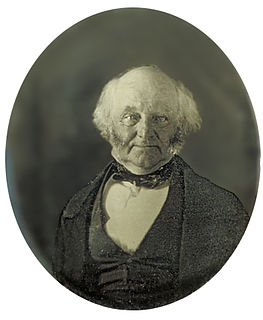
The Free Soil Party was organized for the 1848 US election to oppose further expansion of slavery into the western territories. It included anti-slavery members of the Whigs, and drew much of its support anti-slavery Democrats, including former President Martin Van Buren.

The 1980 Liberian coup d'état happened on April 12, 1980, when President William Tolbert was overthrown and murdered in a violent coup. The coup was staged by an indigenous Liberian faction of the Armed Forces of Liberia (AFL) under the command of Master Sergeant Samuel Doe. Following a period of transition Doe would go on to rule the country throughout the 1980s until his murder on 9 September 1990 during the First Liberian Civil War.



